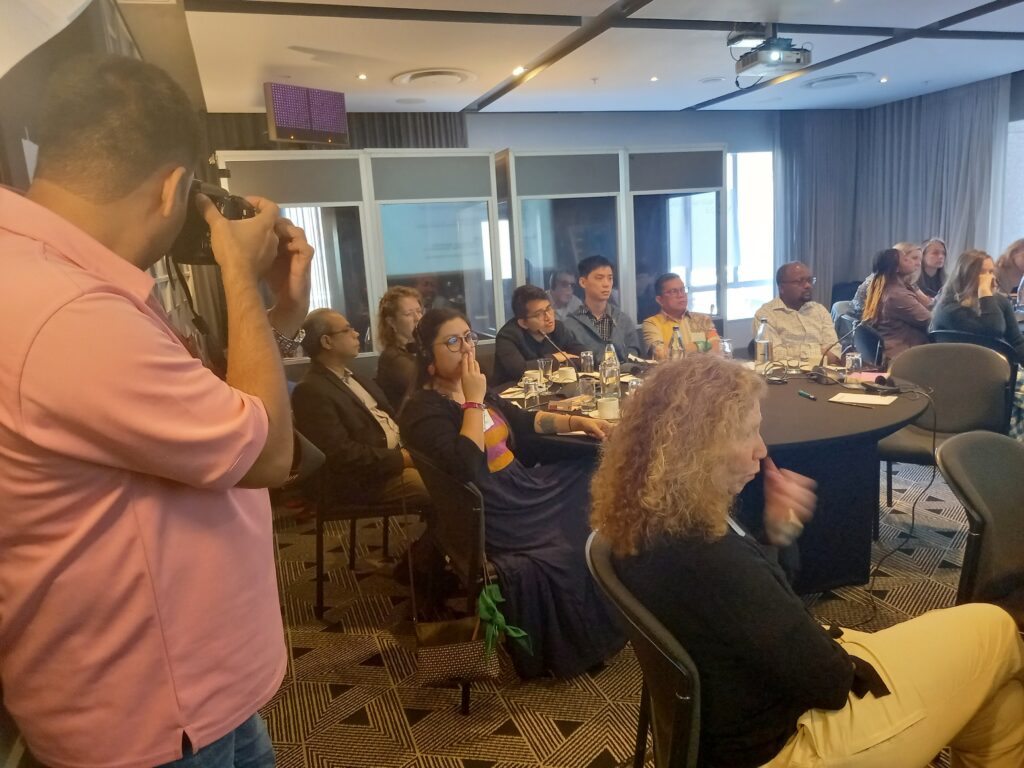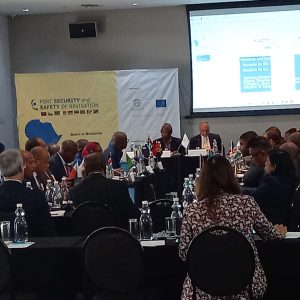Over the past year, there has been a significant change in the way translation and interpreting business operates. When COVID-19 first hit, businesses in an already remote world had to adapt to a wave of modifications to keep up with everything going on around them. As a result, the changes that many people thought to be temporary are becoming the new normal.

However, at Mzansi communication (the prominent interpreting company in South Africa) work continued normally as we adopted working from home services.
Services Hit the Worst by the Pandemic
55% of service providers saw a decrease in business due to COVID. Because the pandemic made in-person contact as minimal as possible, most businesses and language service providers tried to adapt by moving their services online. Unfortunately, this had varying results for different services and providers.
The language services that we offer at Mzansi communications were face-to-face translating and interpreting, especially in the travel and business realms. Because travel was minimized during the pandemic, this field of interpreting was affected most negatively as it is best utilized face-to-face when assisting a client who doesn’t know the language of an area.
Language Services Before COVID-19
To better understand how COVID-19 has changed the world of translation and interpretation, you have to consider how the business world functioned before the pandemic. Before 2020, many businesses were not accustomed to operating with a remote force or prepared to offer products and services online.
Most online language services were offered by companies that were already 100% online before the pandemic. Because of this, in-person translation for events, travel and leisure, and business and commercial services were the most popular categories that used language services. But things dramatically changed.
Video calls, video conferencing, and virtual meetings have become some of the most important methods of communication throughout the pandemic. In a socially distanced world, many people feel isolated. Video calls allow businesses to easily communicate face-to-face with their employees and clients without having to be physically present, which is extremely beneficial to language service providers.
Our clients’ list







